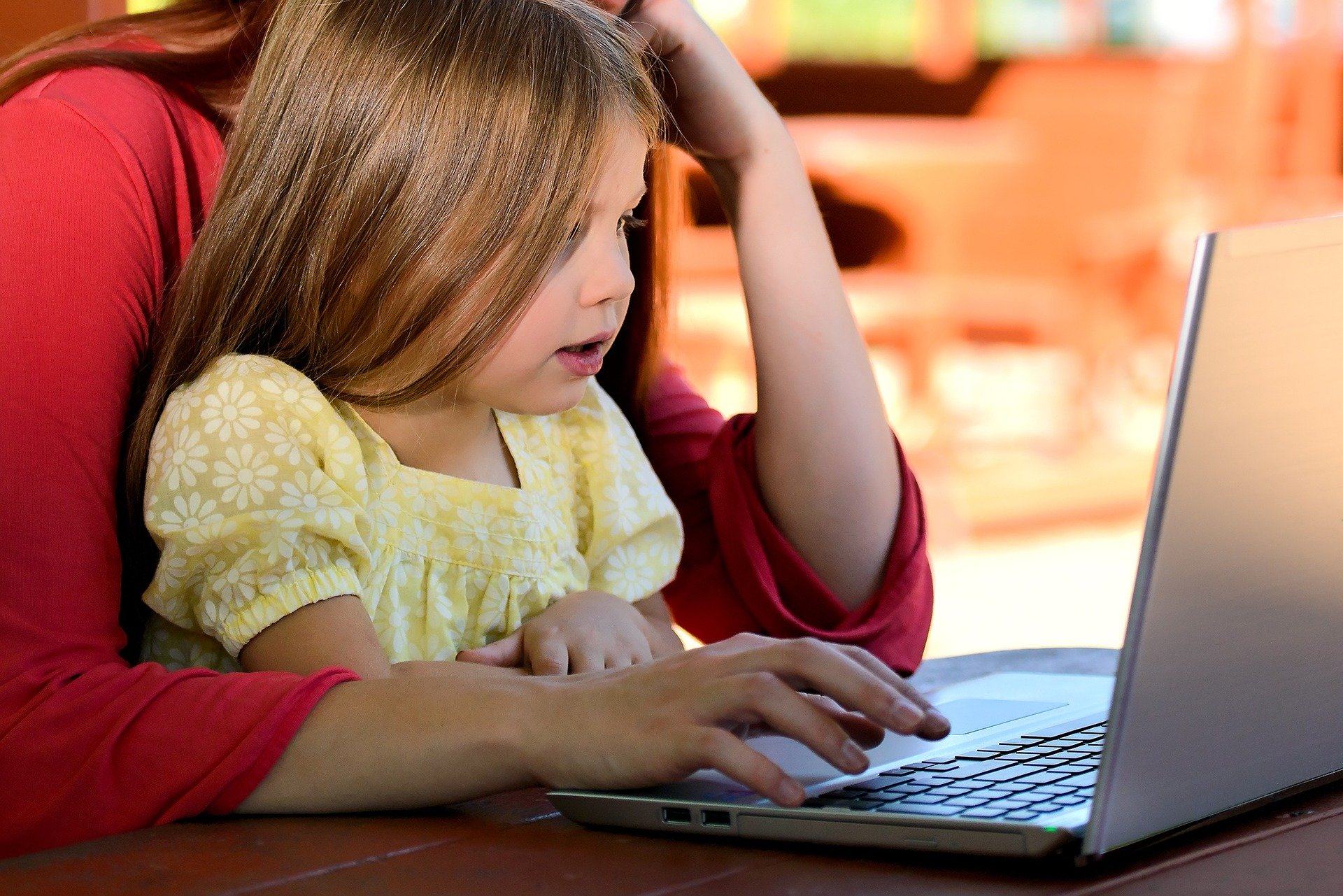25 April 2020
Co-Parenting and Childcare Arrangements During a Pandemic

These are testing times for everyone, and no doubt children will find the coming weeks and months a particular challenge. For this reason, it’s of the utmost importance that parents are able to maintain a routine as close to normal as reasonably possible. This applies to all families, and perhaps none more-so than those under co-parenting arrangements.
The guidance from Cafcass during this time is that wherever possible, normal contact arrangements should be maintained with both parents. Of course, current social distancing measures must still be observed, which means many normal parent-child activities such as trips to the seaside or visits to their favourite pizza restaurant are off the menu for now.
For clarity, transporting from home to home for the purpose of adhering to contact arrangements constitutes a legitimate journey. These journeys should of course be planned to avoid any unnecessary stops which may put the child or parent in contact with members of the public unnecessarily (such as a stop at a petrol station).
There are certain circumstances however where it may not be possible to maintain contact arrangements. In the case where one or both of the parents are self-isolating or suffering from Illness, it may not be possible to maintain the usual routine. In this case, a serious effort should be made to maintain contact via any number of communication methods such as Skype, Facetime or the phone. Attention should also be paid to how you may be able to ‘make up’ a child’s contact time if this is the case, once restrictions are lifted.
The Rt. Hon. Sir Andrew McFarlane, President of the Family Division and Head of Family Justice, does offer parents some leeway however to allow for instances where there is a disagreement over whether the current social distancing measures would be contravened by the contact:
“Where parents do not agree to vary the arrangements set out in a CAO, but one parent is sufficiently concerned that complying with the CAO arrangements would be against current Public Health advice, then that parent may exercise their parental responsibility and vary the arrangement to one that they consider to be safe”.
The current measures also have implications for how court cases are heard. They may for instance need to be undertaken remotely – such as via email, video, telephone or Skype. Parents must bear in mind in this instance that their children may be within earshot of the hearing, and should take necessary measures to avoid exposing them to the proceedings. More generally, parents should continue to ensure children are not party to negative comments or ill feeling towards the other parent.
It’s also important at this time to ensure children are aware of the nature and effects of the pandemic, and how to avoid unnecessary risks in relation to the virus. Parents should ensure children are aware that they’re not allowed out of the home except for essential activities such as daily exercise. Also, children should be educated around general social distancing and hygiene guidance such as maintaining at least 2 metres distance between them and another person, and washing their hands for 20 seconds.
In conclusion, Sir Andrew McFarlane offers the following advice to co-parents at this time:
“The key message should be that, where Coronavirus restrictions cause the letter of a court order to be varied, the spirit of the order should nevertheless be delivered by making safe alternative arrangements for the child.”

